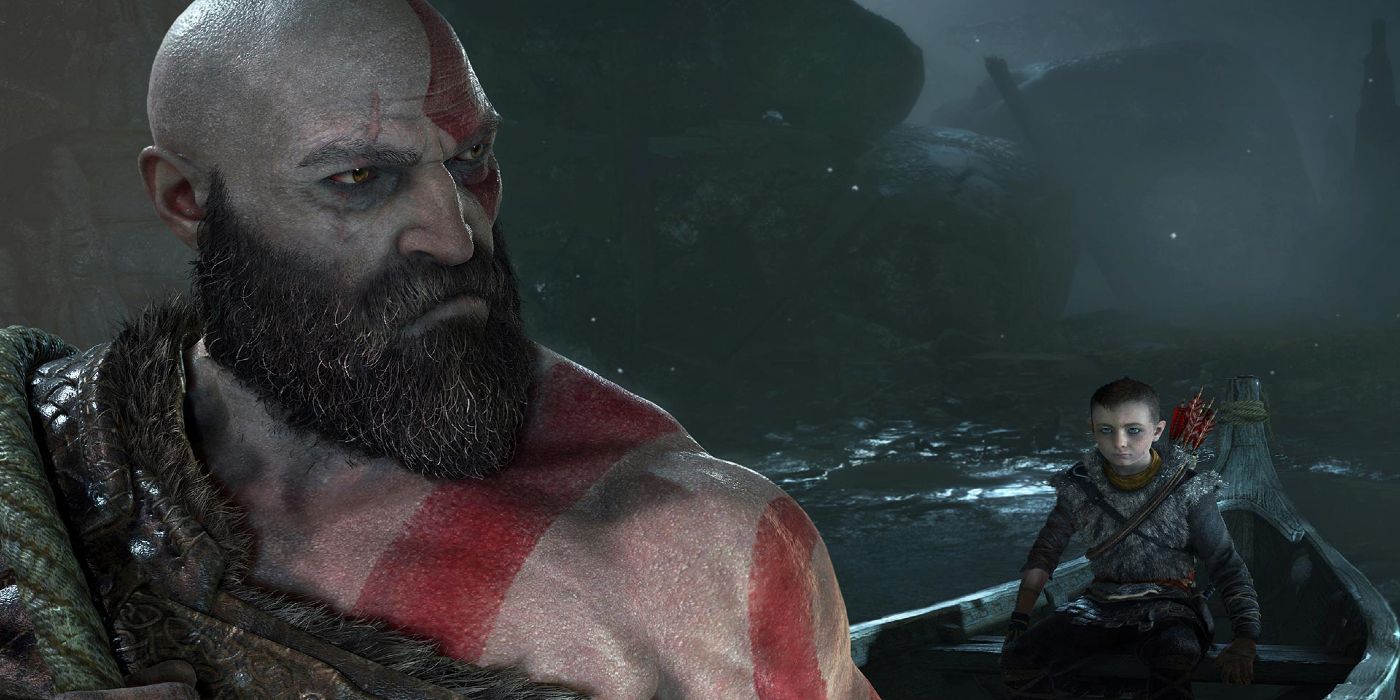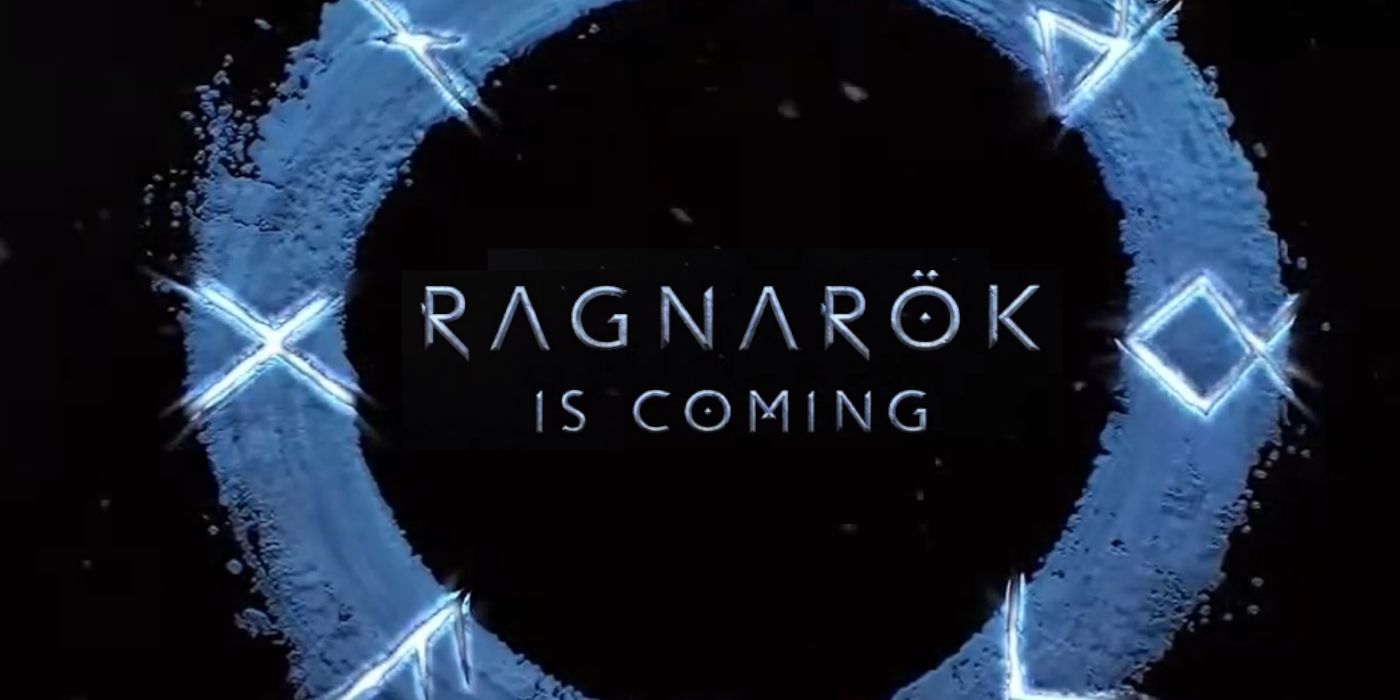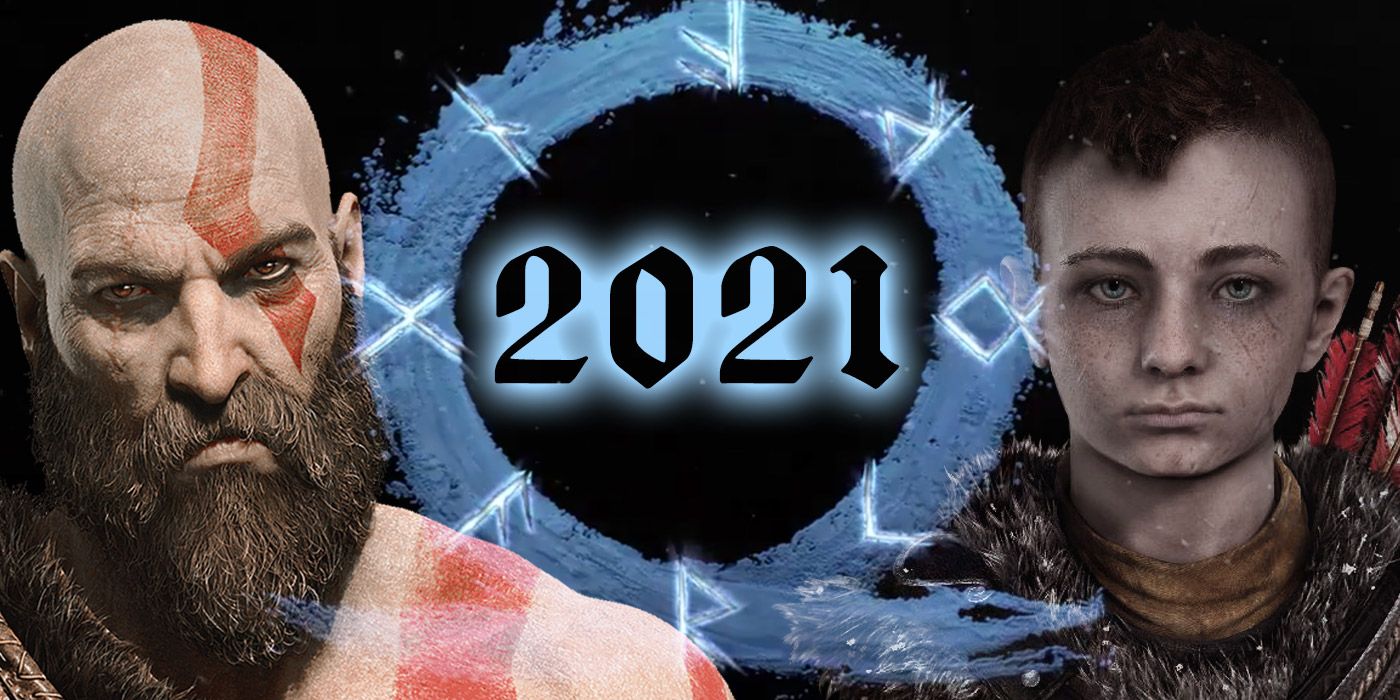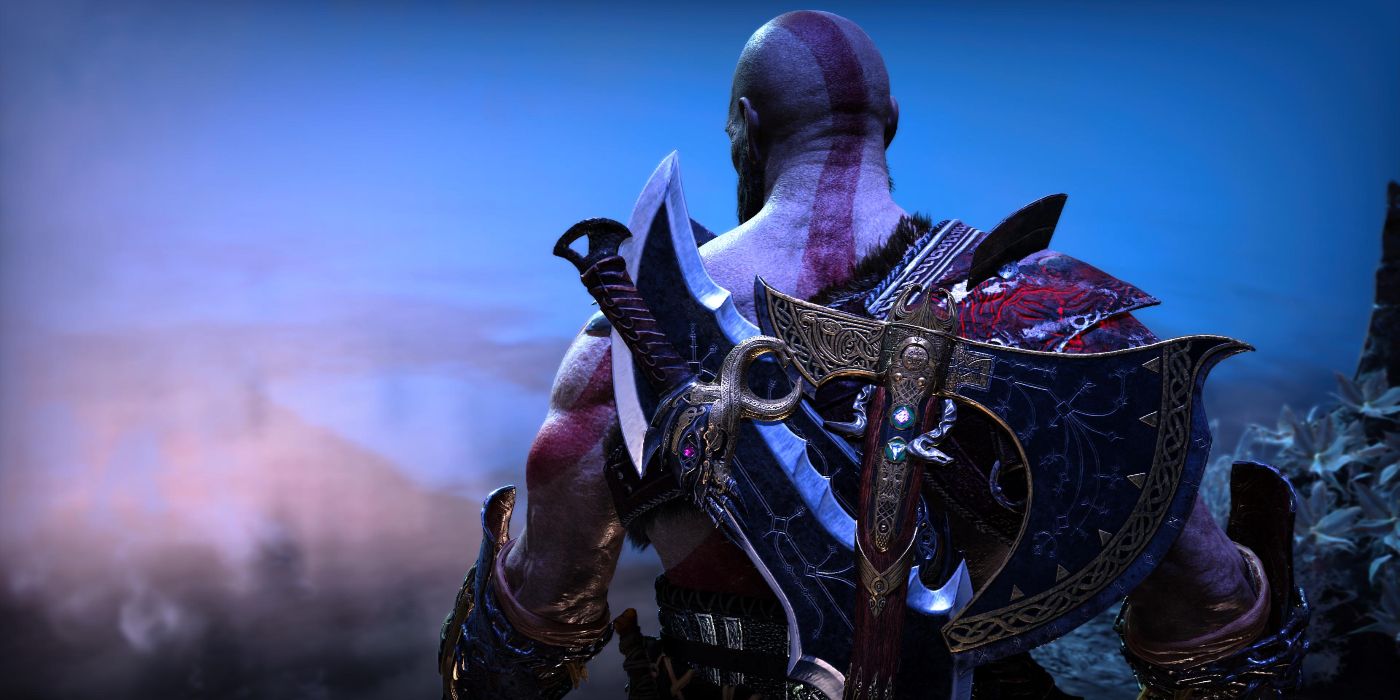The next God of War game has been officially delayed. It was originally announced for a 2021 release in September 2020, with an accompanying teaser trailer. The trailer didn't reveal any gameplay, and instead featured a voiceover from Kratos' voice actor, Christopher Judge, proclaiming that Ragnarok is coming. There was a palpable excitement from fans excited about God of War: Ragnarok and where the next game will take players. Santa Monica Studio has officially decided to delay the game until 2022, which has proven to be disappointing for some fans. While this means it will be even longer before the game is in players' hands, a delay isn't surprising.
2018's God of War was critically acclaimed. Virtually every aspect of it was lauded by fans and critics, including its use of Norse mythology, changes to combat, and the emotional story it tells. The new God of War is set to push Kratos and Atreus' story forward and likely involve the Norse apocalypse, Ragnarok, to some degree. The wait for the new game is going to be longer, but ever since it was first revealed, fans were questioning whether it would release in 2021. For some, it felt inevitable that Santa Monica Studio would wind up delaying God of War: Ragnarok out of 2021.
God of War: Ragnarok's Lack of Information
The initial reveal trailer for God of War: Ragnarok provided little in the way of concrete details about the game. This isn't unusual for teasers of its kind, and it served to hype the game among the God of War fandom. With a release window of 2021 at the time, it seemed as though there would be plenty of time to reveal more details about the game. In the passing months after the teaser, no further information was released about the game, which led fans to question the 2021 launch window early. Even now, after months passing and its delay confirmed, there is still no tangible info about the next God of War. God of War: Ragnarok isn't even its official title, at least not yet.
No gameplay was shown in its first trailer, which was in stark contrast to 2018's God of War reveal, which featured ample amounts of gameplay to show off the new setting and mechanics. While players didn't know fully what to expect with its formal reveal, a snippet of gameplay or some kind of footage may have helped players feel more confident in its 2021 launch window. Most players presume that the next God of War will play similarly to 2018's title, but without confirmation on any mechanics or gameplay particulars, it's difficult to judge. Similarly, other than the involvement of Ragnarok, no premise or details about the story and characters were revealed.
As time went on, God of War: Ragnarok's delay felt like a certainty. There were no further updates on the game, other than speculation of a cross-generation release, which has only recently been confirmed. 2021 continued on with a lack of any news on the title; gamers and critics began assuming it would be delayed, and that a delay announcement could come at any time. All corners of the gaming industry felt the impending delay, and when it was recently confirmed, there were few shocked reactions to the news. The delay could be good for the game, as Santa Monica Studio will have more time to work on it, but the delay itself seemed inescapable to most.
God of War: Ragnarok Releasing in 2021 Always Seemed Unlikely
God of War: Ragnarok's delay didn't surprise anyone, and the 2021 launch window felt unrealistic to a lot of gamers to begin with. It was announced in September 2020, and while there could have been enough time for it to be finished and released in 2021, the general public's perception felt otherwise. The reveal teaser was short and effectively just confirmed the game's existence, and some fans took this as a sign the game wasn't too far into its development. A consensus among a large portion of gamers was that if the game was going to be released in 2021, there would have surely been more to divulge about God of War: Ragnarok.
2018's God of War took five years to make, and this time encompassed reimagining the franchise for the new Norse setting. While the next God of War doesn't present the challenge of re-conceptualizing, it is being developed for Sony's new console, PlayStation 5, as well as PlayStation 4. Santa Monica Studio undoubtedly needed to adjust to developing for the next-gen console in conjunction with PS4, which could present challenges of its own. Adjusting a whole development team to new hardware is certainly no small task, and could contribute to overall development time for the project.
Gamers Braced for God of War: Ragnarok's Delay
Ultimately, fans felt as though God of War: Ragnarok's launch window didn't align with what was known about it. The scale of a project like a God of War game is bound to be huge, and its brief teaser seemed out of place with a 2021 release date. Gamers felt this dissonance at an early stage and prepared themselves for a likely delay. The reality of the ongoing Covid-19 pandemic can't be discounted either, as the gaming industry has seen multiple high-profile titles delayed as the health crisis rolled on. While Santa Monica Studio didn't give a specific reason for its delay, most fans were wisely expecting it to happen, with some anticipating it as early as September 2020.
God of War: Ragnarok is confirmed for PS4 and PS5 to release at some point in 2022, and it could be some time before there is further news on the game. The next God of War game may have been delayed, but fortunately, fans had seen it coming for some time now. This should afford Santa Monica Studio the time it needs to make it as good as it can be, which is ultimately a good thing for the developer and fans alike. Despite its delay, God of War: Ragnarok is one of the most anticipated games of this console generation, and fans are excited to get their first glimpse at it.
God of War: Ragnarok is currently in development for PS4 and PS5, and it's set to launch in 2022.




